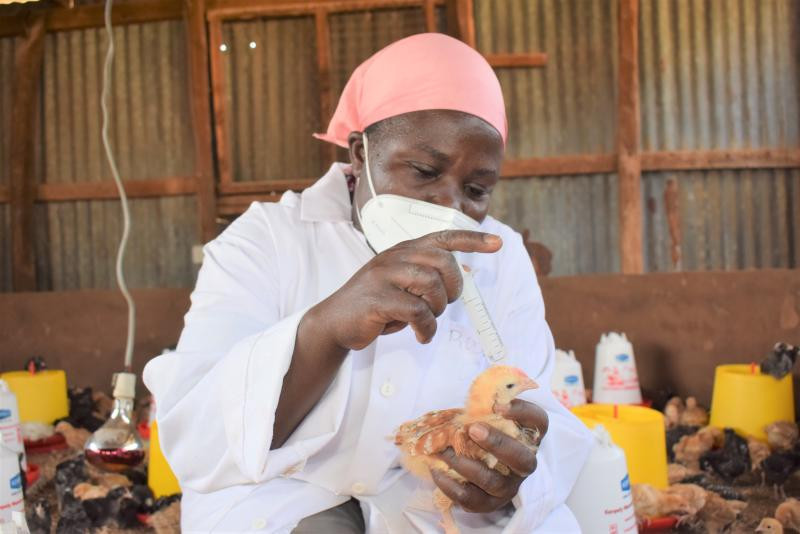
Poultry vaccination is an important activity in managing flock health and product quality in addition to farm biosecurity, hygiene and sanitation. A good vaccination programme if done right, prepares chickens for any disease challenges in the future. I strongly believe that poor vaccine handling, storage and administration are still the major causes of vaccines failure in our industry. Every year poultry farmers lose a sizable amount of their flocks to Gumboro and Newcastle diseases, ailments that can be prevented by practicing good water vaccination techniques. Although disease vaccination programme may not show immediate returns on the investment, it will be profitable in the long term. Here are six tips to ensure water vaccination programme works.
Vaccines are medicines and have a strict and prescribed way of handling from the manufacturer to the retailer. Under the laws of Kenya, this function falls under Veterinary Medicines Directorate. You should always buy vaccines from registered veterinary pharmacies under a prescription with advice on how to use it. In case of vaccines failure, report to the veterinary pharmacy where the vaccines were bought. Never buy vaccines that are expired, always check the date of manufacture and the expiry date before you buy them.